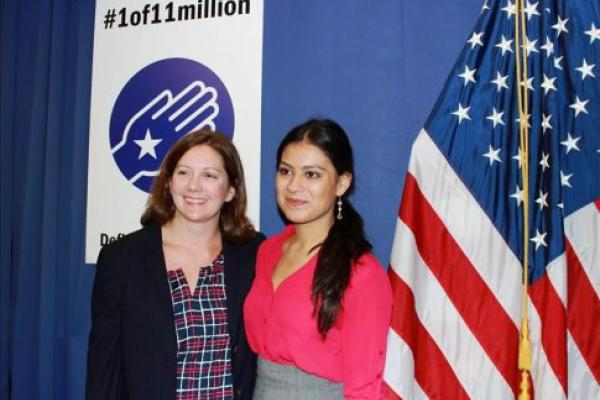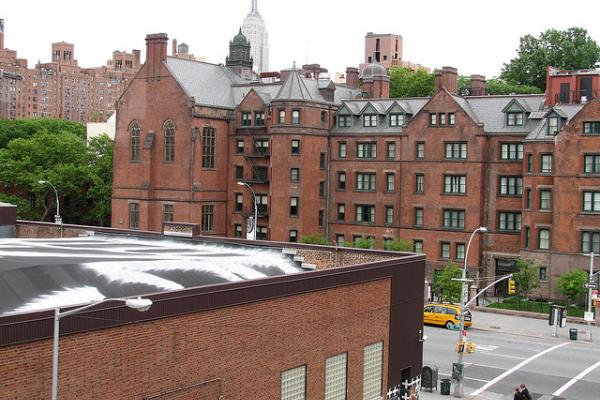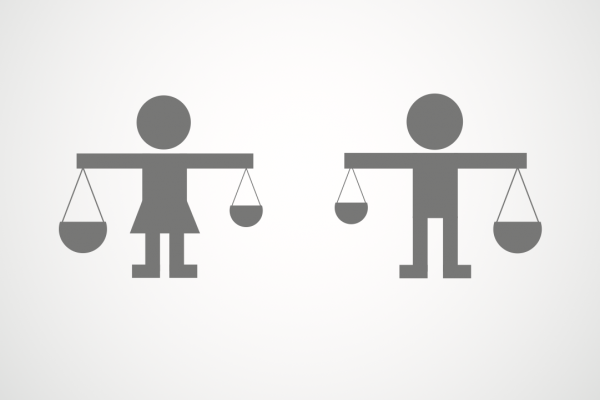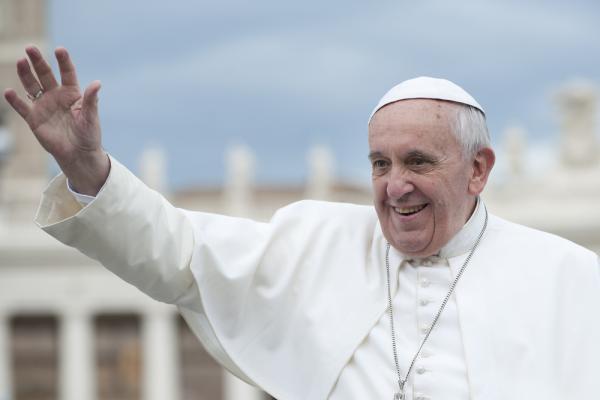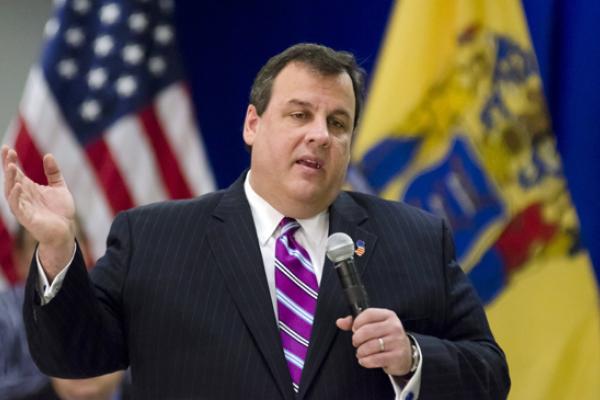For one year, my wife and I are living 2,700 miles apart.
She lives in a one-bedroom apartment here, south of San Francisco. Each weekday she walks two blocks to the home of our middle son and his wife, where she cares for their 9-month-old son.
“Granny nanny” is what they call this phenomenon. Once maternity and paternity leaves expire, grandparents across the country are moving close to their adult children, maybe into their homes, to provide child care so both parents can pursue their careers.
A six-hour plane ride away, I am back in our Manhattan apartment, where our youngest son, age 23, is living at home until he lands a job in the worst job-finding environment since the Great Depression.
Our oldest son, meanwhile, is adapting his country house to become a multigenerational household next year, when my wife returns east. I have already had a taste of caring for their 8-month-old daughter, and it is wonderful.
It seems we have joined a growing trend toward sharing living space: three generations (grandparents, parents and children) or two generations (parents and adult children).
I absolutely love to read, and anyone who is familiar with Oscar Wilde I’m sure recognizes the quote I have chosen for my title; “To define is to limit.” From the moment I read this in The Picture of Dorian Gray, I thought to myself: this is me; this is how I see the world. Now I know people argue with this quote because a definition is a precise statement of what a word means. But just think of “define” as “label.” When you put a label on someone, you classify and constrict them, which limits them from breaking out their true potential.
For example, when we are constantly talked about as illegal aliens, we are given the image of harsh criminals. This image affects our self esteem and our confidence. Some, like Aly Wane, start to believe that there is something evil inside of them. It also limits us from reaching out to the American people and proving to them that we are not here to cause any harm. We only want the opportunity of seeking a brighter future. We are not criminals. We have done what we had to do, what any human would do, to seek a violence-free life, to keep our families together, or, like me, to pursue an education. I am one of 11 million, and each one of us has a different story to tell.
Several faculty members at the Episcopal Church’s oldest seminary are battling with the school’s leadership, although neither side agrees whether they quit, were fired or staged a walkout.
General Theological Seminary in Manhattan is the only seminary overseen by the national church. Last week, eight faculty decided to stop teaching classes, attending official seminary meetings or attending chapel services until they could sit down with the Board of Trustees.
The dean and president, Kurt Dunkle, wrote a letter to students saying the Board of Trustees’ accepted the eight faculty members’ resignations. But faculty member Andrew Irving wrote to students saying the professors never suggested they would resign.
“We wish to underline that we have not resigned,” Irving wrote, suggesting the group sought legal counsel. “Our letters did not say that we would resign. We requested meetings with the Board.”
The Rev. Ellen Tillotson, an Episcopal priest in Connecticut and a GTS board member, wrote that it has become clear that the eight faculty have been planning a walkout.
One of the most interesting conversations at the Berkley Center focused on the desire for power in feminist discourse. In some ways, the feminist aspiration for power in terms of fiscal gain only perpetuates the patriarchal emphasis on economic power as the only definition of success.
One definition of female power that has its roots in Scripture is the power to be seen as equal before God. The concept that God created “man in his own image; male and female he created them” is imperative to feminist theory of shared power between sexes.
If we only define having power as women making capitalistic progress in our markets, we lose important aspects of divine femininity that render both male and female equal in the eyes of God.
Faith is a journey, a Pilgrim’s Progress filled with mistakes, learning, humble interactions, and life-changing events. Here are a few things I would do differently if I could go back and start over:
1. I wouldn't worry about having the right answers.
There’s a misconception that the Bible is the Ultimate Answer Book and Christianity is a divine encyclopedia presenting the solutions to life’s biggest questions. In reality, the Christian faith is about a relationship with Christ instead of an academic collection of right or wrong doctrines.
Rather than wasting time, energy, and resources on superficial theological issues — I would focus more of getting to know Jesus. Never let a desire for “being right” obstruct your love for Christ.
Religious leaders agree the Islamic State — also known as ISIL or ISIS — must be stopped. Their struggle is how best to do it.
“As mainstream religious leaders of different faiths get together, it strengthens the voice of moderation,” said Ibrahim Hooper of the Council on American-Islamic Relations, the nation’s largest Muslim advocacy group.
A group of mainstream Muslim scholars sought to strip the Iraqi and Syrian militants of any legitimacy under the cover of Islam in an open letter in Arabic issued Sept. 24.
U.S. Christian leaders have also spoken out and say they hope to dissuade youth from joining the Islamic State ranks by developing an alternative world view that counters the group’s religious claims.
“To offer a different world view endorsed by religions, as well as governments, in the long term will go a long way to defeating its appeal to those who are looking to join them,” said Antonios S. Kireopoulos of the National Council of Churches. The council represents about 45 million Christians, from mainstream Protestants to “living peace” congregants.
Recent comments by Pope Francis about the conflict rocking the Middle East have left some religious leaders mixed about his intent.
New Jersey Gov. Chris Christie and former Florida Gov. Jeb Bush were not invited to a major gathering of social conservatives in Washington last weekend in what was viewed as a serious snub of two men considered prominent Republican presidential contenders for 2016.
“They were not invited this year because they just weren’t on the top of the list in terms of what they are doing right now and whether or not it was relevant to the values voters and who they want to hear from,” said Tony Perkins, head of the Family Research Council and chief organizer of the Values Voter Summit, which opened on Friday and ended Sept. 28.
“They shouldn’t take it the wrong way,” Perkins told David Brody of the Christian Broadcasting Network in an interview taped on Friday.
But in his report, Brody said the two men had been “snubbed” and that’s not good news for any presidential aspirations they may harbor.
The Values Voter Summit is the pre-eminent venue for GOP candidates who hope to showcase their bona fides to the crucial conservative Christian bloc, and Christie and Bush — the elder brother of former President George W. Bush — are seen as Republicans who could appeal to the center of the electorate but who have not won the hearts of social conservatives.
Mormon feminists may have been surprised by some subtle changes in vocabulary and approach Sept. 27 at the church’s general women’s meeting.
Dieter F. Uchtdorf addressed the audience — sitting in the giant Conference Center in downtown Salt Lake City or watching via satellite in chapels of the Church of Jesus Christ of Latter-day Saints across the globe — not just as “sisters” but also as “blessed disciples of Jesus Christ.”
In a speech about living out one’s faith joyfully, Uchtdorf, second counselor in the church’s governing First Presidency, referred twice to women as “daughters of heavenly parents,” alluding to the Mormon belief in male and female deities.
And, for the first time, the charismatic German leader described the meeting as the opening session of the church’s 184th Semiannual General Conference. Until now, General Conference has referred only to the two-day gatherings held during the first weekends of April and October, with the women’s meeting seen as a separate event.
Saturday night’s meeting also featured the first-ever prayer at a session of General Conference by a black woman, offered by South African Dorah Mkhabela, a member of the LDS Young Women’s General Board.
Museum of the Bible.
That’s it.
The name of the museum under construction in Washington, D.C., is official.
“We don’t need more to tell people who and what we are,” said the museum’s founder and funder, Steve Green.
But, as always with the Bible, nothing is ever simple.
The high-tech museum, set to open in fall 2017, is four blocks from the U.S. Capitol and three blocks from a global tourism mecca, the Air and Space Museum. The new museum will feature standing exhibits on the history and impact of the Bible as well as interactive features to bring viewers into Bible stories and characters.
He’s been crowned the “new hip-hop king” and his newest album, “Anomaly,” topped iTunes and Amazon charts the day of its Sept. 9 release. He’s been invited to birthday parties for both Billy Graham and Michael Jordan and riffed on NBC’s “Tonight Show” with host Jimmy Fallon.
It’s the kind of mainstream success that has eluded most Christian rappers. Then again, some people are still trying to decide if hip-hop star Lecrae is a Christian rapper, or a rapper who happens to be Christian.
It depends who you ask, including Lecrae himself.
“God has also raised up lowly, kind of insignificant individuals to do miraculous and incredible things,” Lecrae, 34, said in an interview. “We’re the Gideons, we’re the Davids. Even Jesus himself made himself of no reputation. It’s when you can link it back to God doing it, I think that’s what he loves. He’s not a megalomaniac, he’s deserving of glory and honor, and to use individuals that demonstrate that it was him, and him alone, it accomplishes his mission and that’s success.”

